What if High School Were Different?
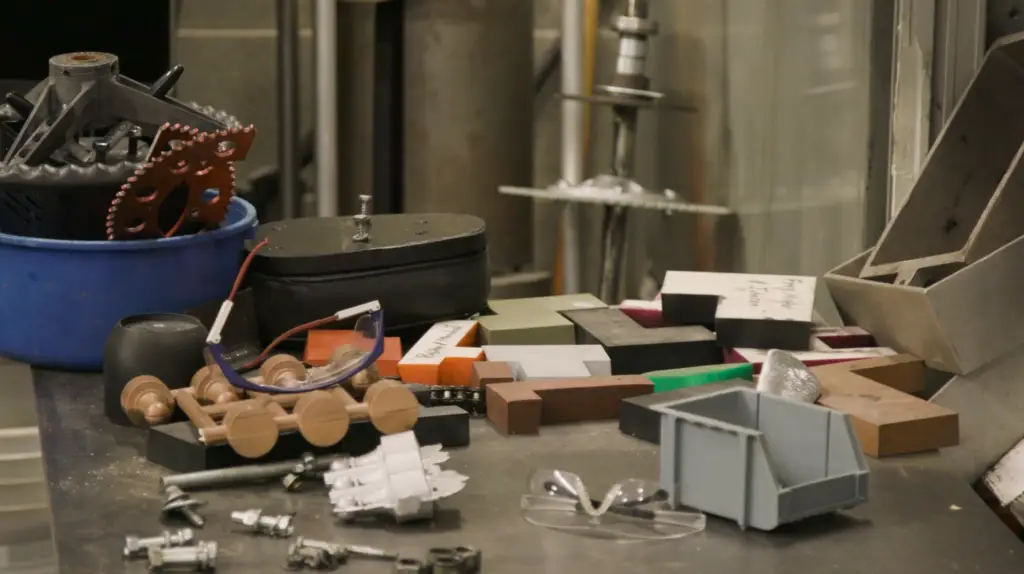
I am the oldest of four children. The youngest is my brother Stephen. Regular school was never a good fit for Stephen. He is one of the smartest people I know. An avid reader. A talented visual artist. And incredibly hard-working. But none of those attributes mattered when it came to his schooling experience. He […]
Separating Fiscal Fact from Fiction: Journalists Needed

What is the fiscal impact of charter schools on California’s school districts? This is a simple question with no simple answer. Yet policymakers are ready to act. Many school districts in California are having trouble balancing their budgets and are making cuts. Public charter schools have attracted a large number of students. Teachers unions successfully […]
Charter Schools: Good or Bad for Students in Districts

As charter school enrollments grow, are school districts so weakened by financial losses that teaching and learning must suffer? Or does competition spur traditional public schools and districts to improve—for the benefit of all? There are bodies of research and policy advocacy on both questions, but the results are difficult to reconcile. Studies focusing on […]
We Must Understand the Real Impact of Charter Schools on California’s School Districts
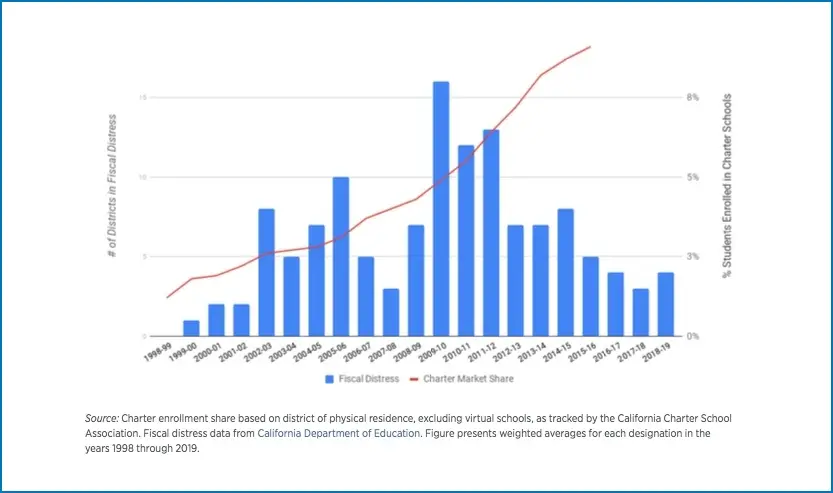
Today the Center on Reinventing Public Education is releasing three briefs that shed light on the debate surrounding charter schools in California. In short, they conclude: Charter schools are not a major driver of recent enrollment declines in California’s school districts. There is no evidence that charter schools are to blame for school districts entering […]
Assessing Charter Schools’ Impact on Districts: Too Important to Get Wrong
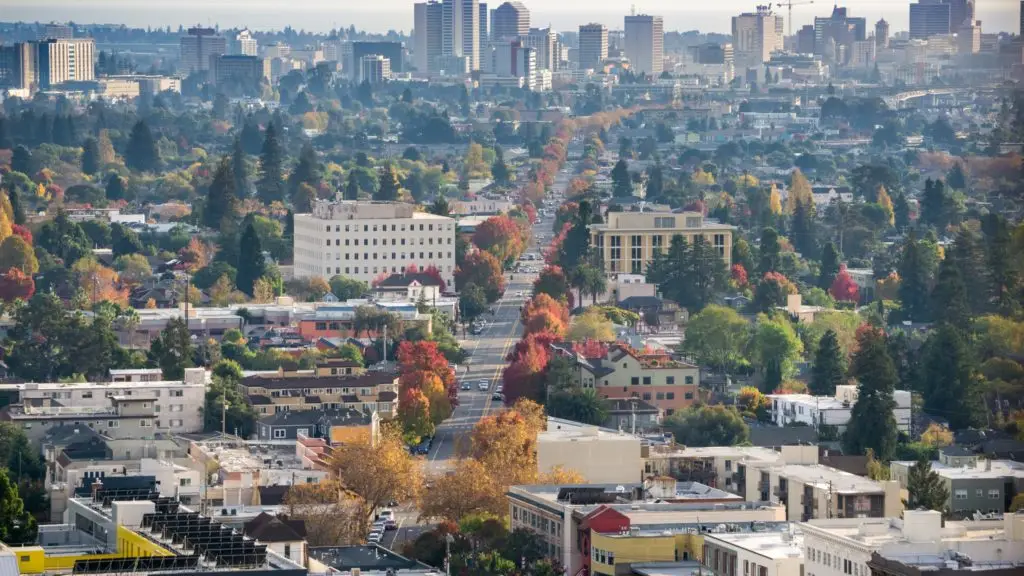
Several months ago I critiqued a report by Dr. Gordon Lafer and published by In the Public Interest (ITPI). Unfortunately, the report continues to inform policy deliberations in California, where a commission is weighing charter school policy changes and lawmakers are considering a five-year moratorium on new charter schools. The author has said that he […]
Back to the Future for Charter School Research
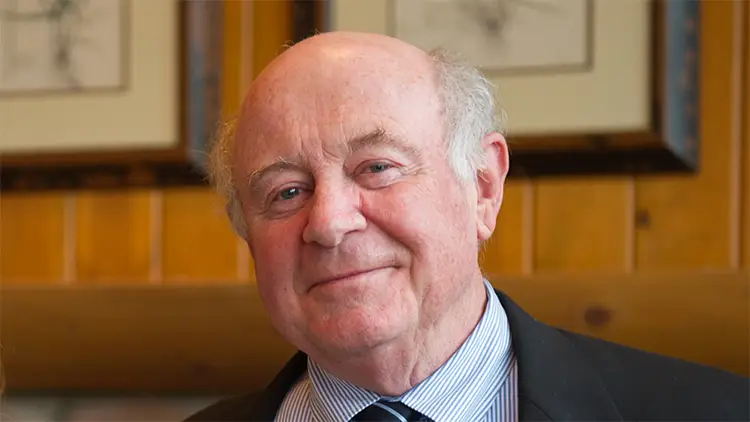
A recent analysis from Education Week carried a grim headline: “In Many Charter High Schools, Graduation Odds Are Slim.” Its core finding, “Charter high schools make up an outsized share of the number of public schools persistently graduating less than half of their students,” led the authors to question why charter high school graduation rates […]
Learning Outside of School: Lessons from ReSchool Colorado’s First Year

The start of spring brings a source of stress for some parents; it’s time to figure out what their children will do over the summer. Summer activities can provide necessary childcare—and vital support for student learning—during the months when school is closed. But lining up those activities for children can cause headaches for many families. […]
Can Teachers Bridge the Divide Between Unions and Charter Schools? Strikes in Chicago and L.A. Are Test Cases

As teacher strikes swept across the country this year, union leaders in many cities painted charter schools as the enemy. But the narrative that pits charter schools against unions largely ignores the fact that district teachers aren’t the only ones walking off the job; charter school teachers in Chicago and Los Angeles went on strike […]
Six Things We Learned about Charter Schools and Unionization
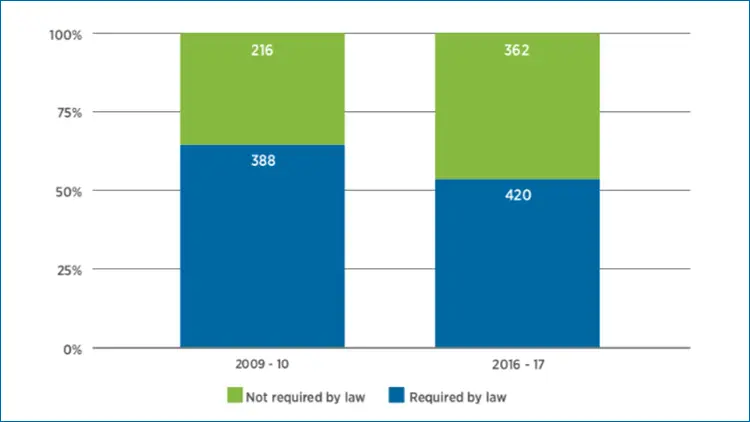
From California to West Virginia, teachers unions have squared off with charter school supporters in fights framed as fundamental struggles over the future of public education. Meanwhile, some charter school teachers have launched unprecedented strikes of their own—and sometimes drawn shows of solidarity from leaders of teachers unions. Unionized charter school teachers complicate the usual […]
Learning Inside and Outside of School: What Can the Four-Day Week Teach Us?

Thousands of students in about half of Colorado’s school districts attend school four days a week. These small, rural districts try to do in four slightly longer days what others accomplish in five. Why? Some say they are trying to save money. Others say a shorter work week helps recruit and retain teachers. For others, […]


